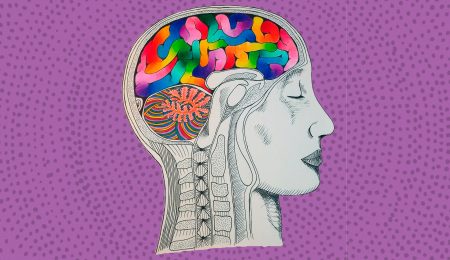Kaya Gaudet | Fulcrum Contributor
The problem
There’s a reason you’re afraid of monsters under your bed: As soon as you fall asleep, you’re a sitting duck. There may only be a small chance there’s someone lurking in your room, but if there were, you would have no way of protecting yourself. In fact, you may not even wake up in time to see it happen. Every night you fall asleep and rely completely on your subconscious to save you from danger.
The researcher
Dr. Kenneth Campbell researches the part of the brain that’s supposed to be processing when you’re not paying attention or are unconscious. From his undergrad to his PhD, Campbell was educated at the University of Ottawa. Now he teaches full time at the U of O and has been doing psychological research for over 30 years.
The project
So how can you tell if you’ll wake up when a fire alarm goes off at night or a ghost is rattling around in the attic? Campbell is trying to find the answer. He performs various experiments on people both asleep and under general anesthesia. The subject’s brain is monitored for activity while varying levels of sounds are made. Campbell scans the brain for a response to the sounds and then observes the physical reaction to three different types of noise: looming (getting louder), retreating (getting softer), and constant.
The key
Campbell’s studies have shown that during the first few hours of sleep, although your brain is still hearing and processing the sounds around you, you won’t be woken up unless you hear a loud persistent sound like a fire alarm. This makes the first part of your sleep the most dangerous and vulnerable.
Later in the night, you’re more likely to give attention to looming sounds than to retreating sounds. This isn’t surprising, considering that our great, great, great ancestors were in constant fear of being devoured by lions. Nowadays all we have to worry about are boogie monsters and axe murderers hiding under our beds. Let’s just hope they make some loud noises announcing they’re about to attack, otherwise our brains may not feel threatened enough to wake us up.
Are you doing interesting science? Or do you have a professor who can’t stop talking about their research? Let us know at research@thefulcrum.ca.



